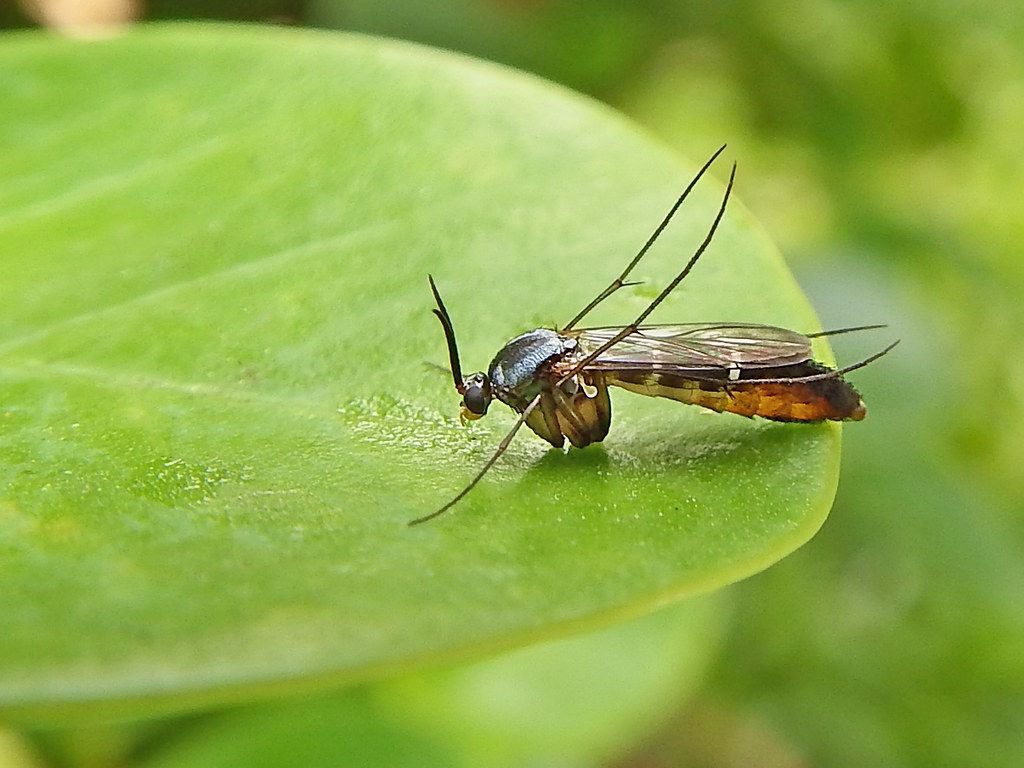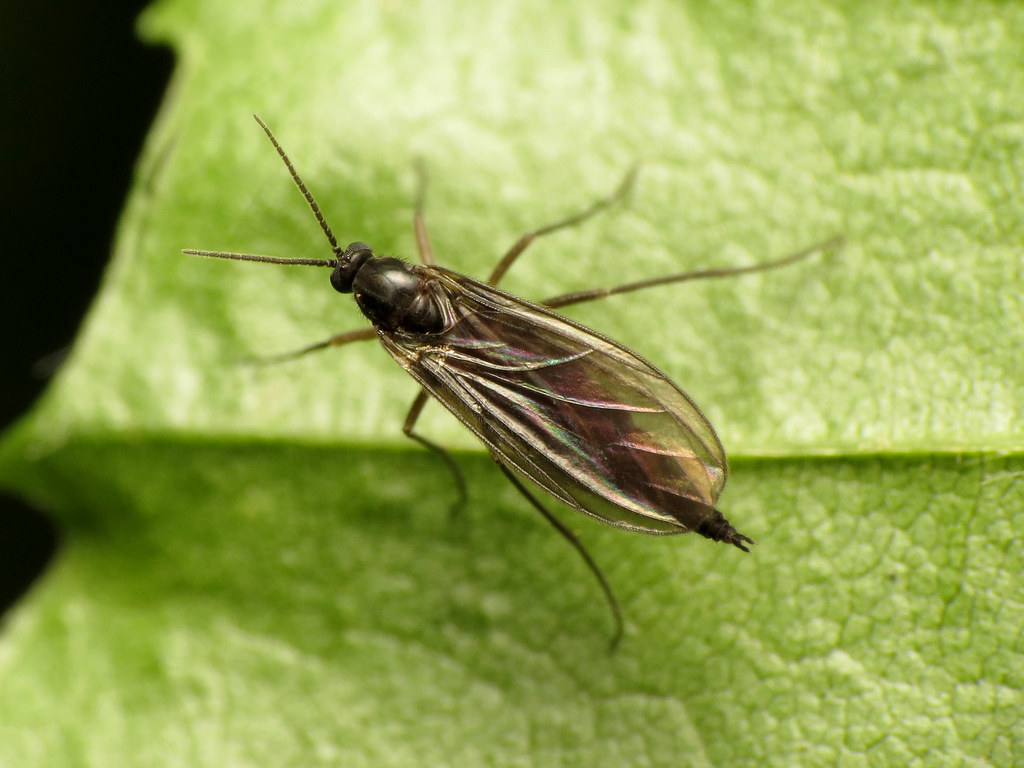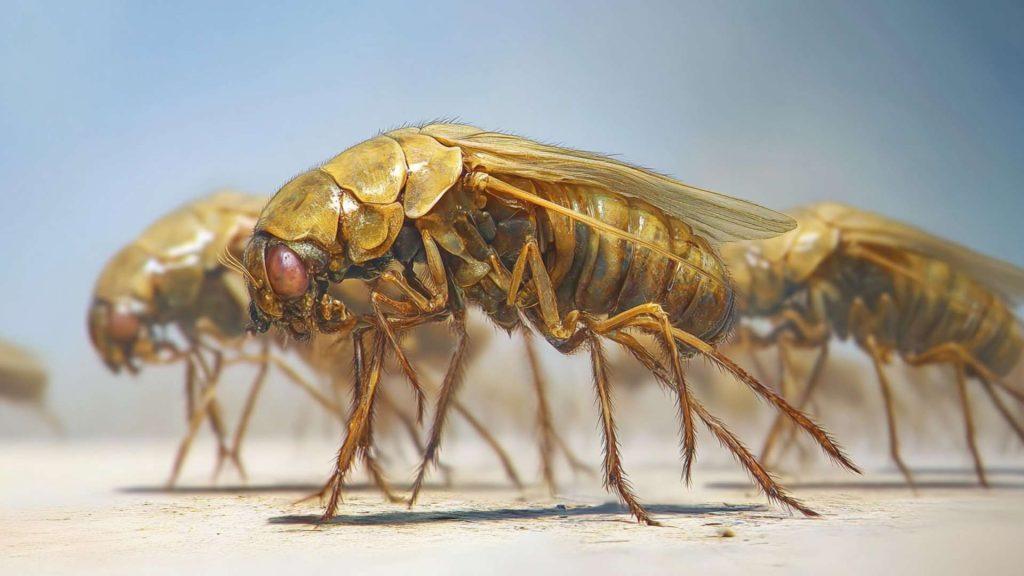Gnats are small, pesky insects that can quickly become a major nuisance in your home. These tiny creatures are especially attracted to moisture and organic materials, making kitchens, bathrooms, and houseplants common areas for their activity. Preventing a gnat infestation requires understanding what attracts them and taking measures to eliminate these conditions.



What Attracts Gnats?
Gnats are drawn to moist environments and decaying organic matter, which they use for both feeding and laying eggs. The most common sources include overwatered plants, rotting food, and even unclean drains. Areas where water collects, such as in bathrooms or around sinks, provide an ideal breeding ground. Similarly, gnats can find a constant food supply in exposed fruit or vegetable scraps left on countertops or in garbage bins. Even the soil in your houseplants can attract gnats if it remains damp for too long, allowing them to thrive unnoticed. These attractants make it clear that controlling moisture and cleaning up organic waste are essential steps in preventing infestations.Common Gnat Infestations
| Issue | Solution |
| Moisture Control | Fix leaky faucets, allow the soil in houseplants to dry, and ensure proper ventilation. |
| Food Storage | Store fruits and vegetables in containers that are airtight or in the fridge to avoid attracting gnats. |
| Surface Cleanliness | Clean kitchen counters, sinks, and other surfaces regularly to eliminate food sources. |
| Waste Management | Dispose of garbage regularly and ensure bins have tight-fitting lids. |
| Standing Water Removal | Eliminate outdoor sources of standing water, such as plant saucers and clogged gutters. |
| Vegetation Management | Trim overgrown bushes and plants to reduce outdoor moisture and prevent gnat breeding. |



